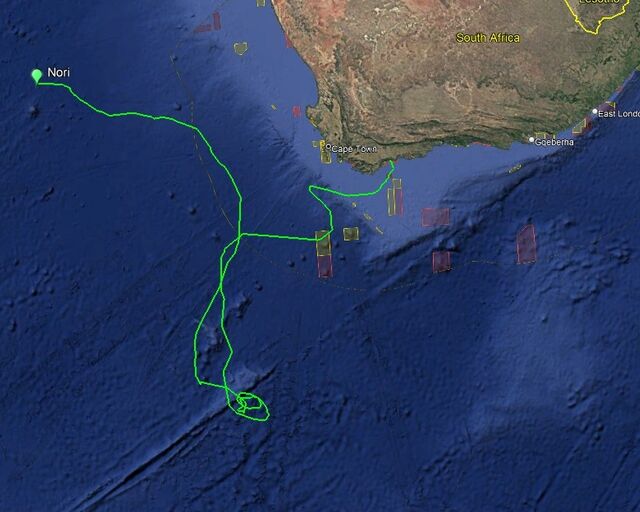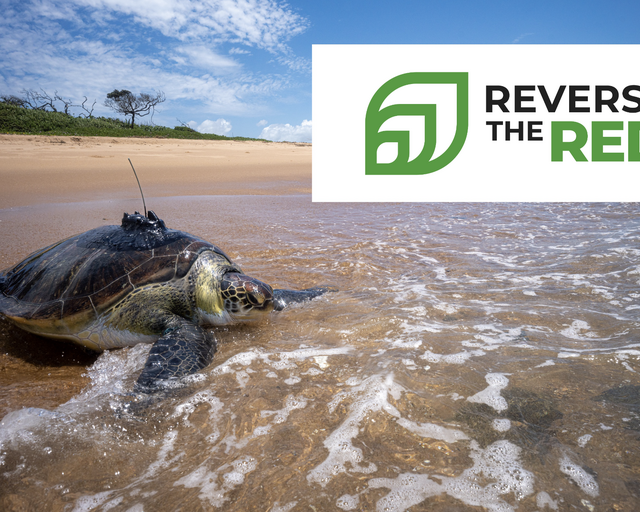What to do (and not to do) if you find a "stranded" seal near cape town
During warm months, Cape fur seals find secluded areas to give birth in safety, and young pups are weened and make their first-ever journeys into the ocean to learn to survive. While this is a beautiful time, where life thrives, these are also the most stressful and dangerous periods in the lives of seals, and the number of seals that face injury, sickness and death greatly increases. Similarly, Capetonians heading to our waterfronts and beaches are more likely to encounter seals in distress - here's what you need to do if you encounter a seal in trouble:
- Look, but don't touch or approach! Keep children and dogs away - distressed wild animals can be dangerous.
- Gather as much information about the seal as you can from a distance - take photos with your phone, make a note of its location, and make notes of any injuries or behaviours that have led you to feel that the seal is in trouble. Remember: Seals do routinely come to shore to rest and bask in the sun, but what is not normal is for seals to have large, visible injuries, to be so skinny that their ribs are visible, or for seals to spend many hours without noticeable movement.
- Call your nearest help organisation for assistance:
- The Two Oceans Aquarium assists all injured and distressed marine wildlife in the V&A Waterfront and Port of Cape Town, contact us on +27 (0)21 418 3823.
- Hout Bay Seal Rescue (operating throughout Cape Town) can be contacted on +27 (0)72 988 5193
- The Cape of Good Hope SPCA's Wildlife Unit can be reached on +27 (0)21 700 4158/9(office hours) or +27 (0)83 326 1604 (after hours).
- Dead seals can be reported to Sea Search for research purposes - please email a photo of the seal, its location, date, and contextual information to seasearchseals@gmail.com
- An inspector or veterinary team will go to assist the seal as soon as possible - but immediate help may not be possible, so there is no need to wait. However, if you would like to remain in the area, you can help the seal by encouraging others to keep their distance.
Please note:
- Distressed seals do not need to have water poured on them, or be provided with food or drinking water. Just give them space, do not try to move them or put them back in the water.
- Seals entangled in rope, nets, fishing line, clothing bands or plastic packaging may appear healthy, but cannot free themselves - please report any sighting of an entangled animal.
- After assessment, the decision might be made that the seal does not need assistance.
- Even if a distressed seal cannot be saved, or is already dead, reporting it helps local authorities to identify health issues early enough to assist other wild seals.
- Removal of seal and other marine animal carcasses from beaches is the responsibility of local municipalities (Cape Town can be contacted on +27 (0)21 480 7700
Contacts for other distressed wildlife:
- For ANY distressed wildlife in the V&A Waterfront, please contact the Two Oceans Aquarium on +27 (0)21 418 3823 .
- For distressed seabirds and penguins in and around Cape Town, contact SANCCOB on +27 (0)21 557 6144 (office hours) or +27 (0)78 638 3731 (after hours).
- For stranded sea turtles anywhere in the Western Cape, contact the Two Oceans Aquarium on +27 (0)21 418 3823 or +27 (0)83 326 1604 (after hours).
- The NSRI also maintains an excellent list of wildlife rescue contacts for all coastal areas here.
Related News
Sign up to our Newsletter
Receive monthly news, online courses and conservation programmes.

